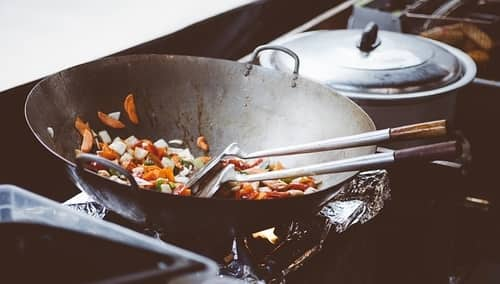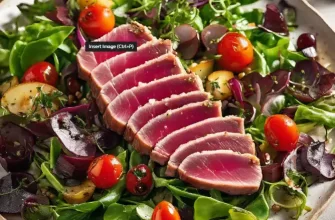Diverticulitis, a digestive system disorder, can be a debilitating condition for those affected. It results from inflammation or infection of small pouches named diverticula that form in the walls of the intestines. Poor dietary habits have often been implicated in its exacerbation.
The relationship between diverticulitis and food has been subject to numerous studies. Despite mixed conclusions, certain foods are generally recommended to be avoided for those with this condition. It’s always a good idea to consult with a healthcare professional for personalized advice.
Food Groups to Avoid in Diverticulitis
- Seeds and Nuts: Some theories suggest that seeds and nuts can exacerbate symptoms. They can lodge in the diverticula and amplify inflammation. Therefore, it might be prudent to avoid foods such as sunflower seeds, pumpkin seeds, poppy seeds, and even nuts like aldehydes and peanuts.
- Certain Fruits and Vegetables: While fruits and vegetables are generally beneficial for health, people with diverticulitis are recommended to avoid those with skins and seeds that are difficult to digest. These include corn, tomatoes, and certain berries.
- Fatty Foods: High fat and fried foods can aggravate symptoms by contributing to inflammation. It would be wise to limit intake of items such as burgers, fried chicken, and fries.
- Red Meat: Red meats are typically high in fats that can worsen inflammation. It’s advisable to replace red meats with their lean counterparts or plant proteins.
- Refined Grains: Refined grains lack the fiber necessary for proper bowel function, potentially worsening diverticulitis symptoms. Opt for whole grains instead.
- Certain Beverages: Beverages like alcohol and caffeine may aggravate symptoms. They can lead to dehydration, which can cause constipation and exacerbate diverticulitis.
Here’s a quick summary:
| Foods to Avoid | Reason for Avoidance |
|---|---|
| Seeds and Nuts | Can amplify inflammation |
| Certain Fruits and Vegetables | Have skins and seeds that are difficult to digest |
| Fatty Foods | Contribute to inflammation |
| Red Meat | High in fats that can aggravate inflammation |
| Refined Grains | Lack fiber necessary for proper bowel function |
| Certain Beverages (Alcohol and Caffeine) | Can lead to dehydration, causing constipation and exacerbating diverticulitis |
What to Remember
Living with diverticulitis can be challenging, but thoughtful dietary decisions can lead to symptom relief. It’s important to remember that everyone may respond differently to certain foods. What causes discomfort for one person may be completely fine for another. Therefore, keeping a food diary and noting any symptom changes with different foods can be a valuable tool.
Keeping the lines of communication open with healthcare providers is vital. They can provide expert guidance based on personal symptoms and medical history. It’s a combined effort to maintain a better quality of life while living with this digestive disorder.
Remember, balance is key. And as always, the role of a healthy lifestyle shouldn’t be overlooked – regular physical activity, adequate hydration, and stress management techniques are all integral to managing any chronic disease, including diverticulitis.









